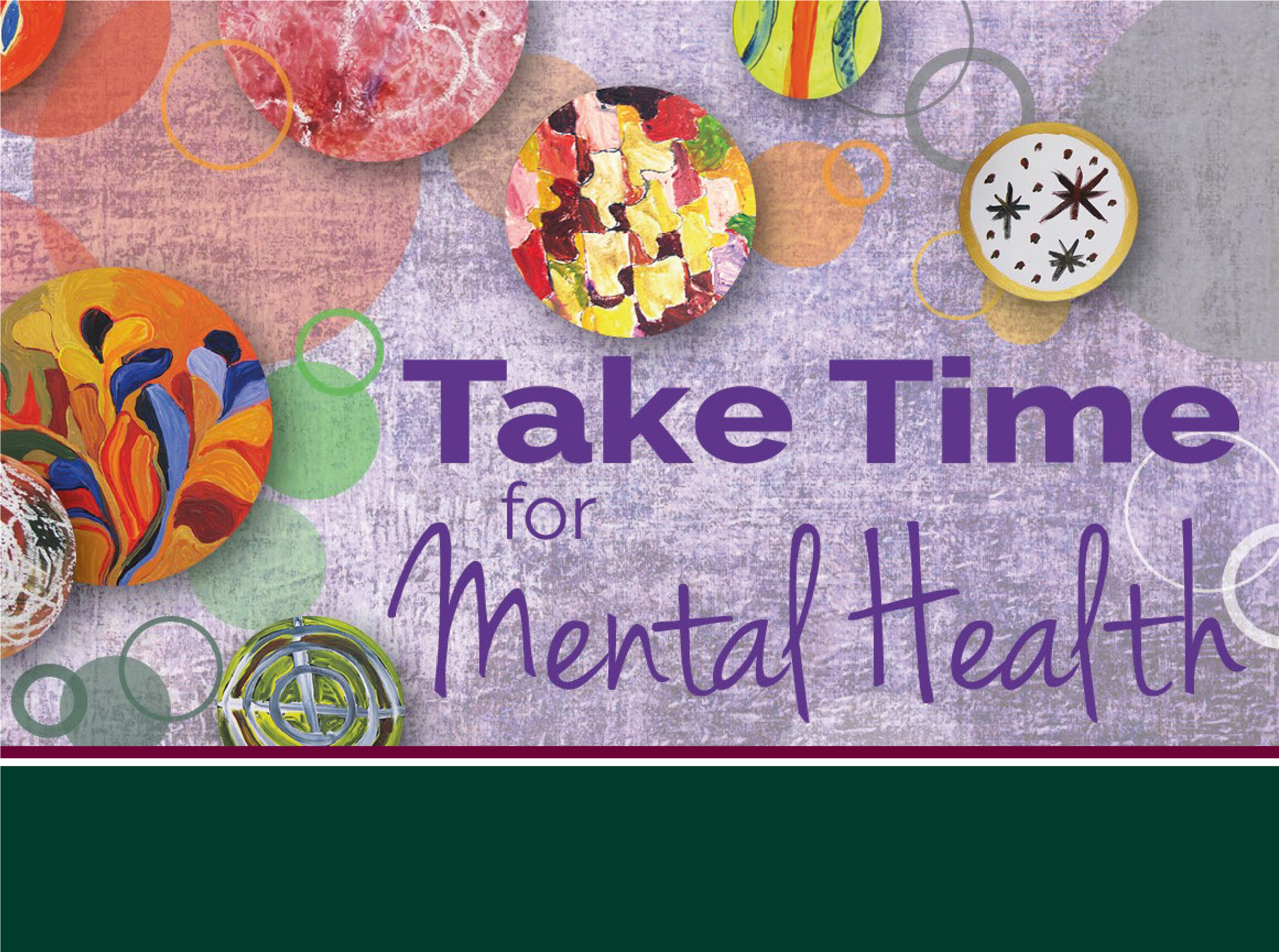Guidance Counsellor

Gerry Counsellor
Guidance Counsellor
Depression and Anxiety
Depression and anxiety are feelings that all people experience from time to time. Sometimes, feelings of depression and anxiety can become so intense that they interfere with daily living. Help and support is available at these times. The family doctor can provide initial assessment and referral for further assistance and support under the ‘Better access to mental health’ program. Any normal person can experience feelings of depression and anxiety. Yet, many people feel unnecessary shame and isolation when having these feelings.
Feeling of depression and anxiety are usually preceded by unhelpful thoughts that are so automatic, they occur without our awareness. These unhelpful ways of thinking can cause great deal of emotional distress if left unexamined and unchallenged. Some common unhelpful ways of thinking are listed below.
- Mental Filter – filtering in the negative and filtering out the positive aspects of an experience or situation.
- Jumping To Conclusions –assuming we know what someone else is thinking and predicting what’s going to happen and it is all bad.
- Personalisation– blaming yourself for everything that goes wrong or could go wrong when you are only partly responsible or not responsible at all.
- Catastrophising – blowing things out of proportions – viewing things as much worse than they really are.
- Black and White Thinking – seeing only one extreme or another – either wrong or right, good or bad – with no in-between or grey areas.
- Should’ing or Must’ing – thinking “I/they should…” or “I/they must…” can create unrealistic expectations of self or others.
- Overgeneralisation – taking one instance or past event and apply it to all current and future situations – “You always…” – “Everyone…” –“I never…”…
- Labelling – when we label ourselves or others based on behaviour in one-off or specific situations even though there are many examples of behaviour not consistent with the label
- Emotional Reasoning – viewing situations or self on the way you are feeling – the only evidence something bad is going to happen is you feel something bad is going to happen
- Magnification and Minimisation – magnify others positive attributes and minimise your own – also the reverse – magnify others negatives an minimise your own
Taking time to be aware f and experience our feelings and reflect on the contribution of our unhelpful thinking to them is a positive step in self-regulation of our emotions so that we can live more authentically and fully with acceptance of ourselves an others.
The school library has resources for self-help in managing thoughts and feelings. Two books I can recommend are:
- Fight Your Dark Shadow – by Therie Rosenvald, Tian PS Oei
- Mind Your Mind: How to master your thoughts and feelings and be happy – by Julie Johansen and Leigh Hay

